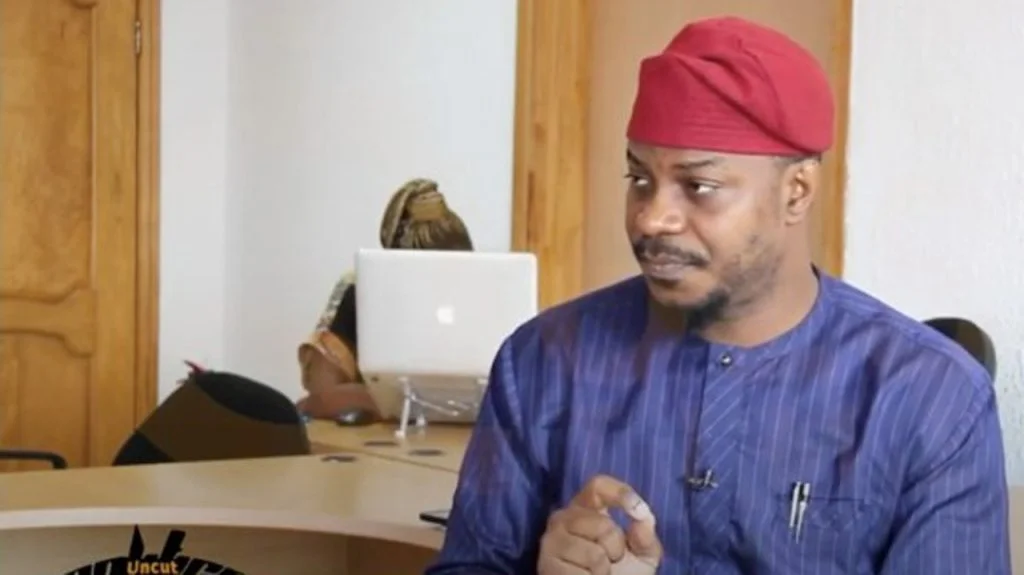Rhodes-Vivour, however, noted that the new minimum wage is insufficient to cater the high cost of living in the state.
He stated this in a tweet via his X handle Thursday.
On Wednesday, during an interview on Channels TV, the governor said, “You mentioned minimum wage and what I need to throw in for my people. I’m glad to let you know that the minimum wage for Lagos, which we’ve discussed with our union, is N85,000 today.
“It’s not a competition, so I’m not going to say that we’re paying more than some other people; it’s a function of affordability and a function of capacity.
“We actually increased our salary earlier in the year and it’s deserving for our staff, and we’ll continue to do that. I want to come back to you in January and say that I’ve been able to increase the minimum wage in Lagos to N100,000. (This is) not because I want to make anybody look bad, it’s really because I want my people to have a living wage
In his statement, Rhodes-Vivour opined that a minimum wage of “at least N100,000 is necessary for Lagos workers to achieve parity with their counterparts in other states” owing to the high costs of transportation, rent, and also because the state “ranks second nationally in the average cost of a healthy diet, making it the second most expensive city in the country to feed.”
The ex-LP governorship candidate bemoaned the governor for his “boasts” on increasing the state’s budget from N600 billion to over N1 trillion, saying it was of less importance compared to the state’s poor infrastructure, low investment in human capital and education outcomes, among others.
The tweet read, “Governor Sanwo-Olu boasts of increasing the Lagos budget from N600 billion to over N1 trillion, with a projected N3 trillion before his term ends. He also claims a 94% budget performance rate. However, these claims seem to be at odds with the reality of Lagos. The city still grapples with poor infrastructure, low investment in human capital and education outcomes, a struggling public transportation network, increasing slums and informal communities, and very few social welfare programs. These are the issues that truly matter to the people of Lagos, not just the size of the budget.
“It’s crucial to note that over 70% of Lagos State’s operating revenue comes from taxes, with PAYE (Pay As You Earn) contributing 45%. This means the state’s wealth, which the governor seems to take all the credit for, is primarily generated by citizens’ hard work.
“The critical question is: What tangible benefits do Lagosians receive in return for this significant contribution? Do their children have access to quality public education? Is there an efficient and affordable public transportation system? Are the roads well-maintained? Is social housing readily available? Can residents easily access capital for entrepreneurship?
“These are the real measures of a government’s success, not just the size of its budget. Boasting about an aggressive and exploitative tax system without commensurate investment in public goods is more characteristic of a cartel than a supposedly progressive government.”
Rhodes-Vivour added that the ruling All Progressives Congress in the state had “wasted 24 years, barely scratching the surface,” as he lamented the slow development rate in the state.
“Finally, while it is fair to commend the opening of the blue rail, albeit, after 16 years, the question is, what kind of city are we building, who are we building for, and what opportunities do we seek to tap into? Comparing Lagos with Bauchi or Ekiti is juvenile and visionless when the city lags far behind its contemporaries around Africa,” the tweet stated.
Source | Punchng











